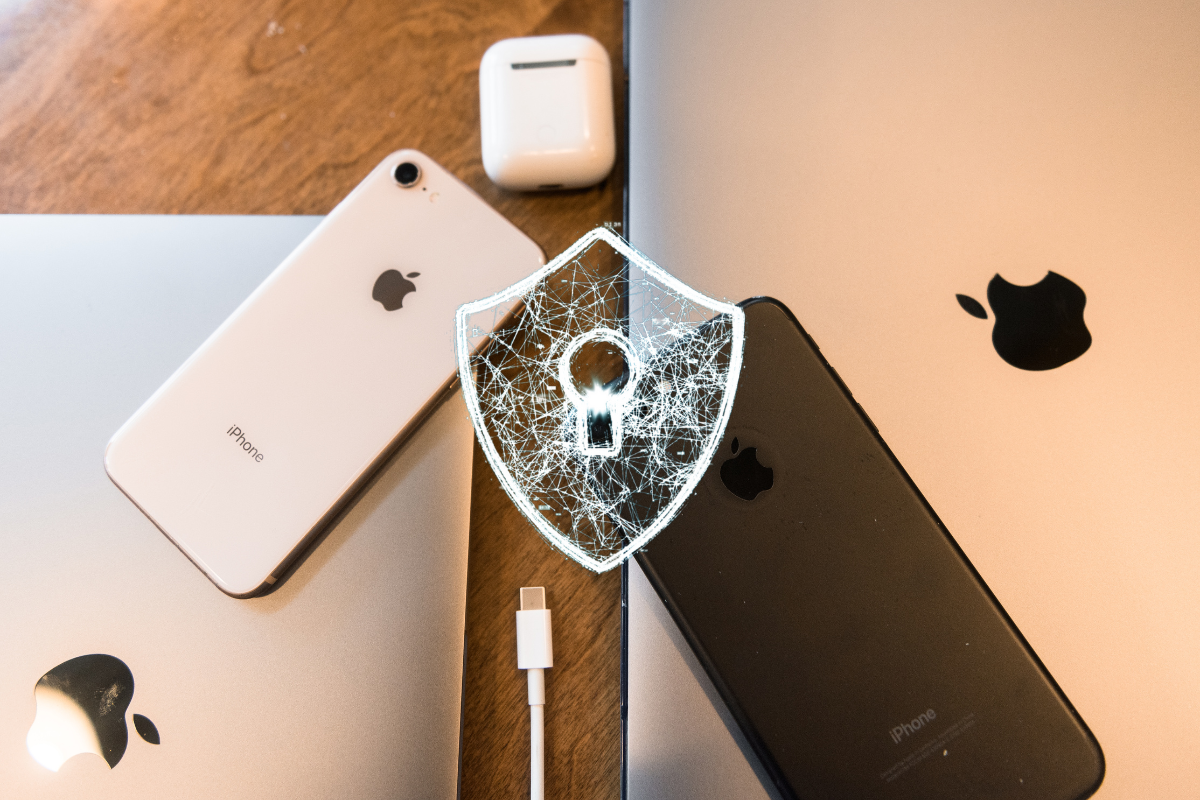In a development that has raised eyebrows across the tech community, security researchers have successfully breached Apple’s proprietary ACE3 USB-C controller, a critical component in the latest iPhones and MacBooks. This breakthrough, achieved earlier this month, has significant implications for the security of Apple’s devices and their users.
The ACE3 USB-C controller, introduced with the iPhone 15 series and recent MacBook models, manages power delivery and data transfer through the USB-C port. Unlike standard USB-C chips, the ACE3 functions as a sophisticated microcontroller, running a complete USB stack and interfacing with internal system buses.
Its design includes personalized firmware updates, disabled debug interfaces, and cryptographically validated external flash memory, all intended to enhance security. The security breach was orchestrated by a team of researchers employing advanced hardware techniques, including reverse engineering, radio frequency side-channel analysis, and electromagnetic fault injection.
These methods allowed them to bypass the robust security measures of the ACE3 controller, a feat more complex than previous exploits on its predecessor, the ACE2. The implications of this hack are far-reaching.
By compromising the USB-C controller, attackers could potentially intercept sensitive information during data transfers, execute unauthorized commands, or install malicious firmware, thereby gaining deeper access to the device’s system. This vulnerability could lead to scenarios where user data is at risk, and device integrity is compromised.
Apple has not yet issued an official statement regarding this security breach. The tech giant is renowned for its stringent security protocols and swift responses to vulnerabilities.
Users are advised to remain cautious, particularly when connecting their devices to unfamiliar USB-C accessories or public charging stations, as these could be potential vectors for exploitation. This incident also brings to light the broader issue of ‘juice jacking,’ a cyberattack where compromised USB ports or cables are used to install malware on a device or steal data during charging.
Security experts have long warned against using public USB charging stations without protective measures. Devices like USB data blockers, which prevent data transfer while allowing charging, are recommended to mitigate such risks.
The hacking of Apple’s USB-C controller underscores the persistent challenges in cybersecurity, even for companies with robust defenses. As technology evolves, so do the methods employed by malicious actors.
This event serves as a reminder of the importance of continuous vigilance and proactive measures in safeguarding personal devices and data.
In the interim, users should monitor official communications from Apple for updates or patches addressing this vulnerability. Maintaining good cybersecurity hygiene, such as using only trusted accessories, avoiding public charging stations, and keeping devices updated with the latest security patches, remains crucial in protecting against potential threats.



